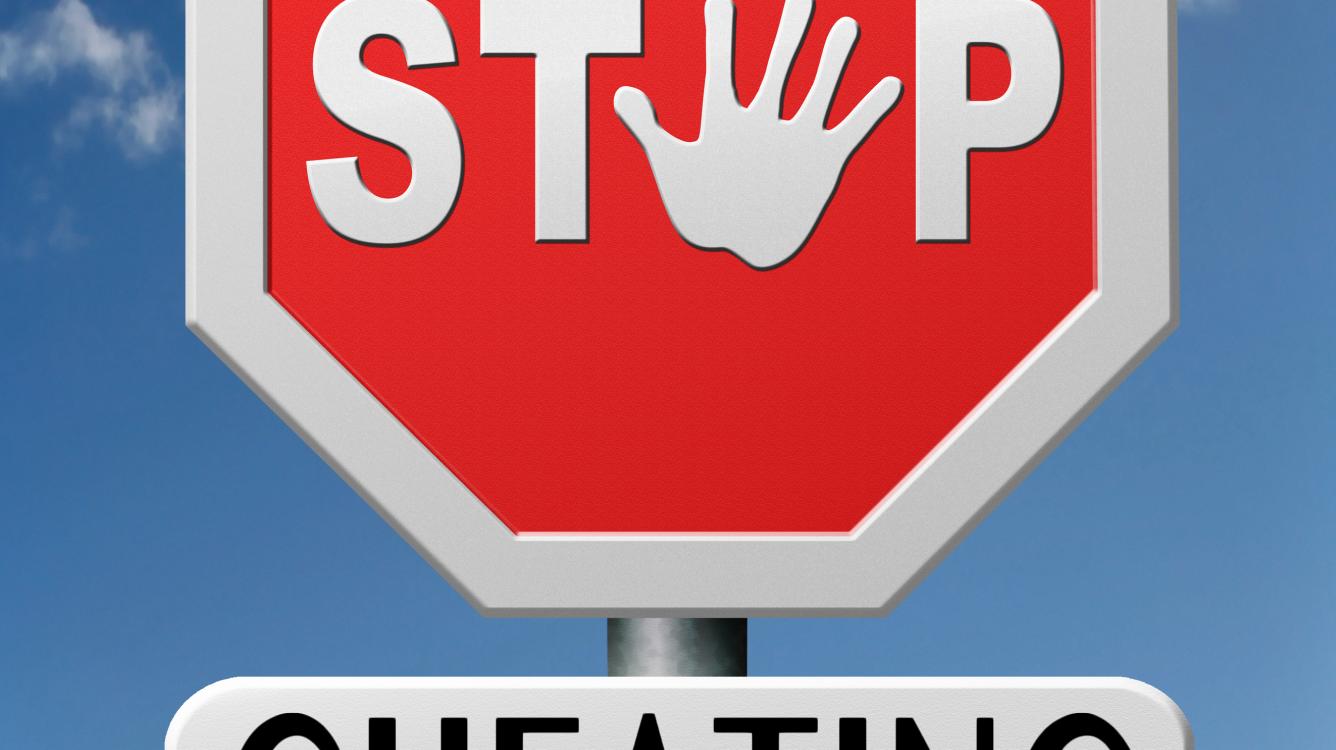
Do Chess Players Cheat?
There’s cheating in chess?
What a silly question. Of course there is, and the transgressions are many and varied. But when I came to the game as a callow youth, I didn't pay much attention to it. Naturally, I knew certain practices were illegal or wrong, and some players were unethical or "too competitive," but I tended to dismiss it all as anomalous and inconsequential.
That was then. Now I know the score. And it seems to be getting more lopsided in favor of the bad guys. Armed with microcomputers, nano-cameras, neurotransmitters, biomechanical sensors, and who knows what, cheaters these days can steal points with an arsenal of stealth and efficacy.

In olden times, cheating wasn’t so high-tech. Yet even back then, disguised or blatant, it still was a serious problem.
Pandora’s Box was opened for me in my early teens. Playing in Washington, D.C., I was facing a young expert. I didn’t know anything about him, but I had a bad feeling. He refused to shake hands and wore a supercilious grin from the start.
Head to the middlegame. In a complicated position, I found what I thought was a “winning” sac and played it. My opponent, looking quizzical, though unfazed, wrote the move down and thought for five minutes. Then, just like that, he got up and disappeared.

That surprised me. True, there was plenty of time on the clock, the time control being 50 moves in two hours. But the position was intricate, and my last move needed careful analysis.
I thought maybe he had to go to the bathroom. So, sitting alone at the board, with my opponent’s clock ticking away, I began to reconsider the move I had just played. Gradually, I came to a realization. The sacrifice was losing, but he had to find the right move. Maybe my opponent would miss the refutation once he came back to the table.
But where was he? Was he still in the bathroom? Was he sick or something? Did he simply leave? Pondering those perplexing questions, and my miserable position, things suddenly crystallized.
Some 60 minutes after my adversary left the board, he magically reappeared, replete with swagger. Not bothering to sit down, he immediately played the unlikely crusher. Still standing, he recorded the move, and with a satisfied smirk, again walked away from the table. I resigned a few minutes later to a player-less score sheet.
Obviously, my opprobrious opponent had analyzed the position while away, possibly in his hotel room, and maybe with the aid of someone else. What’s more, he had the audacity to show me there wasn’t much I could do about it.
Is there cheating in chess? Duh!
Okay, enough of me. Now it’s time for you. I’d like to know what you, our veteran and perceptive audience, thinks about it all.
Do you think there’s a lot of cheating in chess? Or does the issue get more attention than it warrants?
Have you ever experienced cheating? If so, what kinds of cheating have you encountered or witnessed? What about times you thought there was cheating but couldn’t prove it? And are certain actions really forms of cheating that aren’t typically described as such?
What’s more, what should be done with cheaters once they’re caught? (Let's not get carried away here.)

Then there are questions about proclivities. Are certain types of players more likely to cheat? Club players? Park players? Online players? Robots?
How about children? It’s dreadful when some deliberately make illegal moves, or violate this and that. Even though kids will be kids, all wrongful conduct should be addressed. Yet do you feel there are many parents and coaches who wink at such egregious behavior? Or collude and encourage it?
And why do chess players cheat in the first place? Does it have to do with money, fear of losing, status, ratings, or what?
I have my own thoughts on the topic, but I'm curious what our well-informed readership thinks.
So I await what you have to say. Cheating in chess: What do you think about it? (And please try to keep your responses clean.)
Let me know your thoughts in the comments section.






